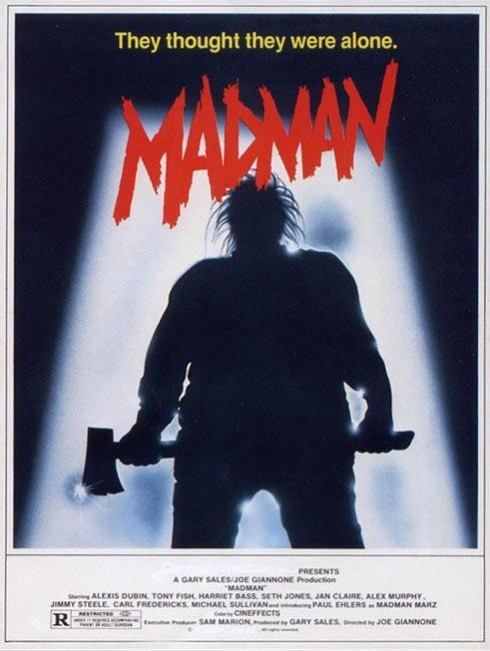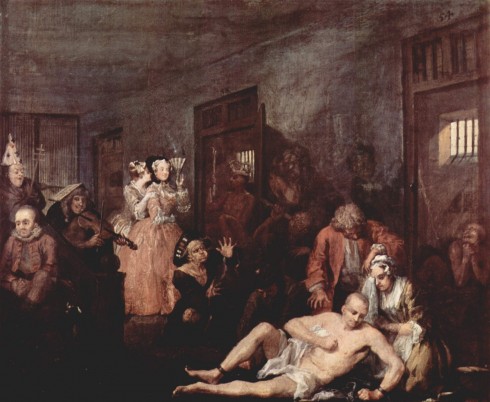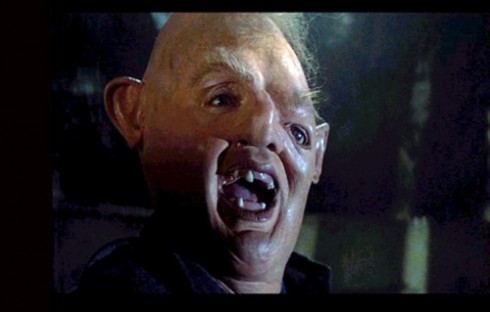Pulp Sensibilities
 On last night’s FlashCast we spent some time discussing the nature of pulp, and its effect on the real world. It’s easy to think of pop culture as disposable, but we often miss how it can influence our own thinking.
On last night’s FlashCast we spent some time discussing the nature of pulp, and its effect on the real world. It’s easy to think of pop culture as disposable, but we often miss how it can influence our own thinking.
For example, I’m currently reading The Willowbrook Wars, a non-fiction piece regarding the shutdown of a brutal state school for the handicapped, and the fallout that surrounded its closure.
The wars began in 1972 with Geraldo Riveras televised raid on the Willowbrook State School. They continued for three years in a federal courtroom, with civil libertarian lawyers persuading a conservative and conscience-stricken judge to expand the rights of the disabled, and they culminated in a 1975 consent decree, with the state of New York pledging to accomplish the unprecedented assignment in six years. The study takes readers behind the scenes to clarify the role of the judiciary, the fate of the underprivileged, and the potential for social justice.
– Amazon
Which, more specifically, leads me to this point:
Until the middle of the 20th century, people with intellectual disabilities were routinely excluded from public education, or educated away from other typically developing children.
Given that people would rarely interact with the disabled, (or the mentally ill,) in their formative years, how did people come to know what mental illness was like? Through fiction.
Many stories in the Batman series start, end or take place within Arkham [Asylum]’s walls. Externally, it is uniformly depicted as an imposing gothic castle, often replete with driving rain and forked lightning. Internally, the depiction of Arkham varies; typically it is a cross between the eighteenth century Bedlam depicted in the likes of Hogarth’s A Rake’s Progress and the cliché’d environment of The Shawshank Redemption’s prison movie genre.
– kuro5hin
How long were our perceptions of the mentally ill, and the handicapped, reinforced by the slobbering mad-villains of pulp?

Even later – lower-key – representations can be disturbing.
Interestingly, another EC Comics series, M.D., also touches on mental distress. In M.D. #3 a suicidal man is diagnosed with manic depression, taken to hospital, sedated and given electroshock therapy. Supposedly, this makes him ‘forget’ his depression which is blamed on his argumentative parents.
You may argue that things only got better from Of Mice and Men through Flowers For Algernon and What’s Eating Gilbert Grape, but I’ll note that I’ve never seen an actually disabled actor play any of those roles – and there’s also Sloth Fratelli, of The Goonies, to be considered.

Pulp constantly deals in the unbelievable and the little understood; the most unbelievable amongst us are the insane, and, for many years, the least understood were the mentally disabled, so it’s no coincidence that the pair should so often overlap – but it also means that it’s doubly worth questioning what assumptions we come away with in such sharply drawn, black and white universes.